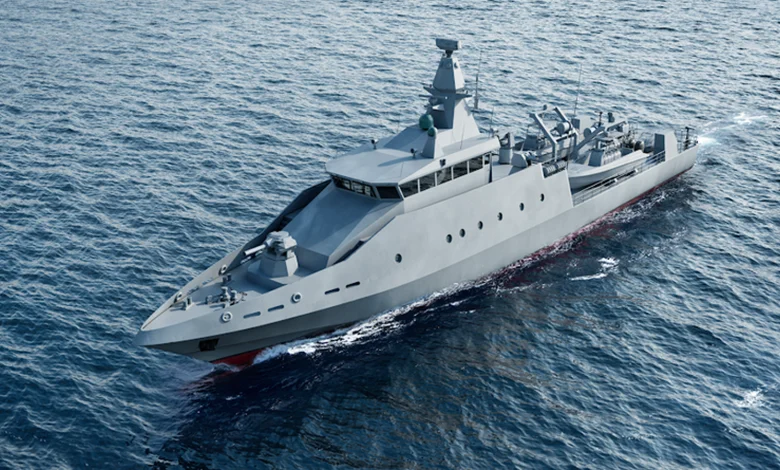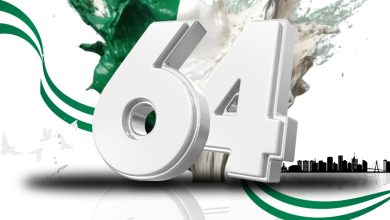Why boat accidents will continue in Nigeria

The recent rise in boat accidents across Nigeria has raised significant concerns in the water transport sector. Stakeholders attribute the ongoing problem to a clash between the Nigerian Maritime Administration and Safety Agency (NIMASA) and the National Inland Waterways Authority (NIWA), both of which are supposed to regulate inland water transport.
Rather than focusing on safety, these agencies appear more interested in revenue generation, which puts the safety of commuters at risk. Stakeholders warn that the frequency of accidents will likely continue unless urgent corrective measures are taken.
Captain Ade Olopoenia, a former Director of Safety at NIMASA, emphasized that without federal intervention to declare an emergency in the sector, boat accidents will persist, leading to unnecessary loss of lives and damage to property and the marine environment. He highlighted the confusion between NIMASA and NIWA as a significant factor contributing to the crisis.
Olopoenia referred to Section 259 of the Merchant Shipping Act of 2007, which designates NIMASA as responsible for regulating non-conventional vessels weighing less than 500 gross tonnage. He noted that many boats currently operating on Nigeria’s waterways lack proper certification, making them unsafe for use. The failure of both agencies to enforce safety regulations creates a perilous environment for those who rely on these waterways.
“The people at NIMASA don’t seem to grasp the importance of ensuring that these vessels go through necessary certification processes,” he stated. “These certifications are essential for commuter safety, yet NIMASA and NIWA have neglected this responsibility over time.”
Both agencies have been criticized for prioritizing revenue over safety, with Olopoenia arguing that maritime administration should focus on protecting lives instead. He pointed out that vessels should undergo annual surveys and inspections, along with crew certifications, but these processes have largely been ignored. Safety awareness campaigns that NIMASA once organized to promote safe operation of small crafts have also been discontinued.
NIWA is responsible for ensuring that inland waterways are safe for navigation, which includes dredging, surveying, and marking navigable routes. However, like NIMASA, NIWA has faced criticism for not doing enough to protect the waterways.
Key factors contributing to the increasing number of boat accidents include the operation of unsafe boats, inexperienced operators, overloading, lack of basic safety equipment, nighttime sailing without precautions, and a general lack of enforcement of safety regulations.
Engr. Akin Olaniyan, Marine Surveyor and President of the Center for the Marine Surveyors in Nigeria, echoed the call for standardization and safety certification as essential to preventing boat mishaps. He urged NIMASA to assist NIWA in establishing a functional safety department to enhance navigation safety on the waterways.
“I maintain that the solution lies in standardization, safety, and certification. NIMASA and NIWA are both asleep at the wheel,” Olaniyan said. He stressed that a well-regulated and safe water transport system could create significant employment opportunities, particularly in moving goods like agricultural products.
Tragic statistics underline the urgency of the situation: data from the Lagos State Waterways Authority (LASWA) revealed that 156 people lost their lives in boat accidents in 2022, and that number rose to 189 in 2023. While figures for 2024 are still being compiled, preliminary data indicate an increase in Nigerians using waterways for transportation.
Following a recent boat accident in Niger State that resulted in numerous fatalities, Mr. Nkerweuwem Onung, President of the Federation of Tourism Associations of Nigeria (FTAN), urged boat operators to strictly adhere to safety regulations to improve safety in water transport.
In response to the Niger State tragedy, NIWA’s Managing Director, Mr. Bola Oyebamiji, confirmed the arrest of the boat company manager involved in the incident and announced a manhunt for the boat operator. Preliminary investigations revealed that an overloaded fiber boat collided with a wooden boat, leading to the disaster.
NIWA has promised to enforce accountability in the aftermath of the accident, setting a precedent for stricter adherence to waterway safety regulations. However, the ongoing regulatory conflicts between NIMASA and NIWA continue to jeopardize the safety of commuters on Nigeria’s waterways.





